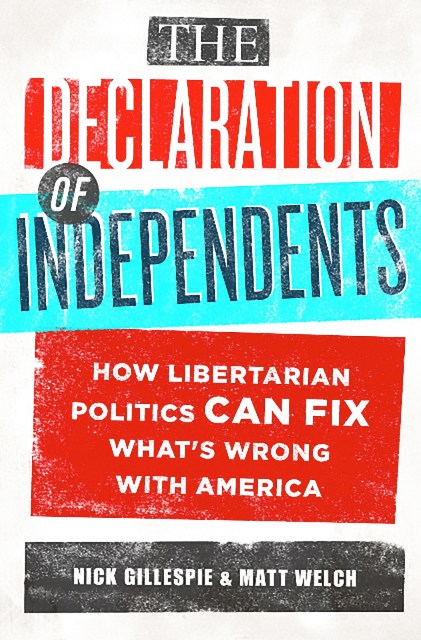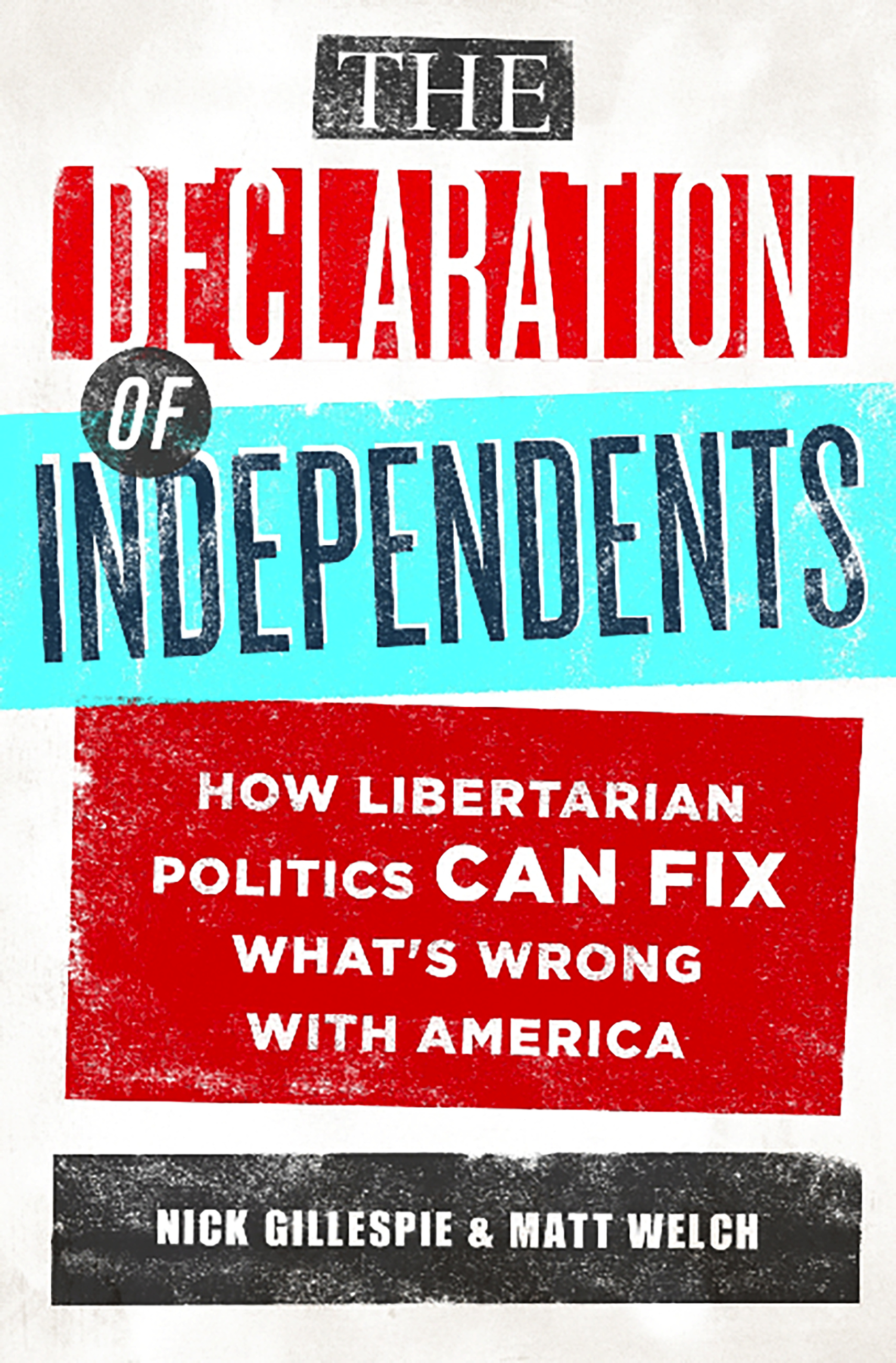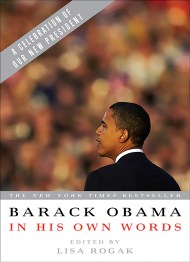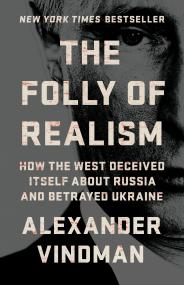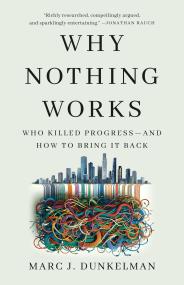By clicking “Accept,” you agree to the use of cookies and similar technologies on your device as set forth in our Cookie Policy and our Privacy Policy. Please note that certain cookies are essential for this website to function properly and do not require user consent to be deployed.
The Declaration of Independents
How Libertarian Politics Can Fix What's Wrong with America
Contributors
By Matt Welch
Formats and Prices
- On Sale
- Jun 26, 2012
- Page Count
- 304 pages
- Publisher
- PublicAffairs
- ISBN-13
- 9781610391009
Price
$21.99Price
$28.99 CADFormat
Format:
- Trade Paperback $21.99 $28.99 CAD
- ebook $9.99 $12.99 CAD
This item is a preorder. Your payment method will be charged immediately, and the product is expected to ship on or around June 26, 2012. This date is subject to change due to shipping delays beyond our control.
Buy from Other Retailers:
The Declaration of Independents is a compelling and extremely entertaining manifesto on behalf of a system better suited to the future–one structured by the essential libertarian principles of free minds and free markets. Gillespie and Welch profile libertarian innovators, identify the villains propping up the ancien regime, and take aim at do-something government policies that hurt most of those they claim to protect. Their vision will resonate with a wide swath of frustrated citizens and young voters, born after the Cold War’s end, to whom old tribal allegiances, prejudices, and hang-ups about everything from hearing a foreign language on the street to gay marriage to drug use simply do not make sense.
-
Kirkus, May 5, 2011
"An enthusiastic, entertaining libertarian critique of American politics, brimming with derision for the status quo and optimism for the future and confident of the right direction.”
Marginal Revolution, May 20, 2011
“This is the up-to-date statement of libertarianism. Not warmed-over right-wing politics, but real, true-blooded libertarianism in the sense of loving liberty and wanting to find a new path toward human flourishing."
Washington Examiner, June 26, 2011
“An important book and lively read.”
Forbes.com, July 4, 2011
“A fun and ultimately positive look at how anti-authoritarianism, entrepreneurship and independence have led to one revolution after another in the way we think about the world, the products we buy, and the jobs we end up getting (or creating for ourselves)…. It's a good book, a well-written, easily accessible manifesto on how libertarian ideas and anti-authoritarianism can help change the world, and how they will one way or another, whether we like it or not. Just as importantly, the book is uplifting, optimistic and full of energy.”
RealClearPolitics, July 5, 2011
Newsletter Signup
By clicking ‘Sign Up,’ I acknowledge that I have read and agree to Hachette Book Group’s Privacy Policy and Terms of Use
